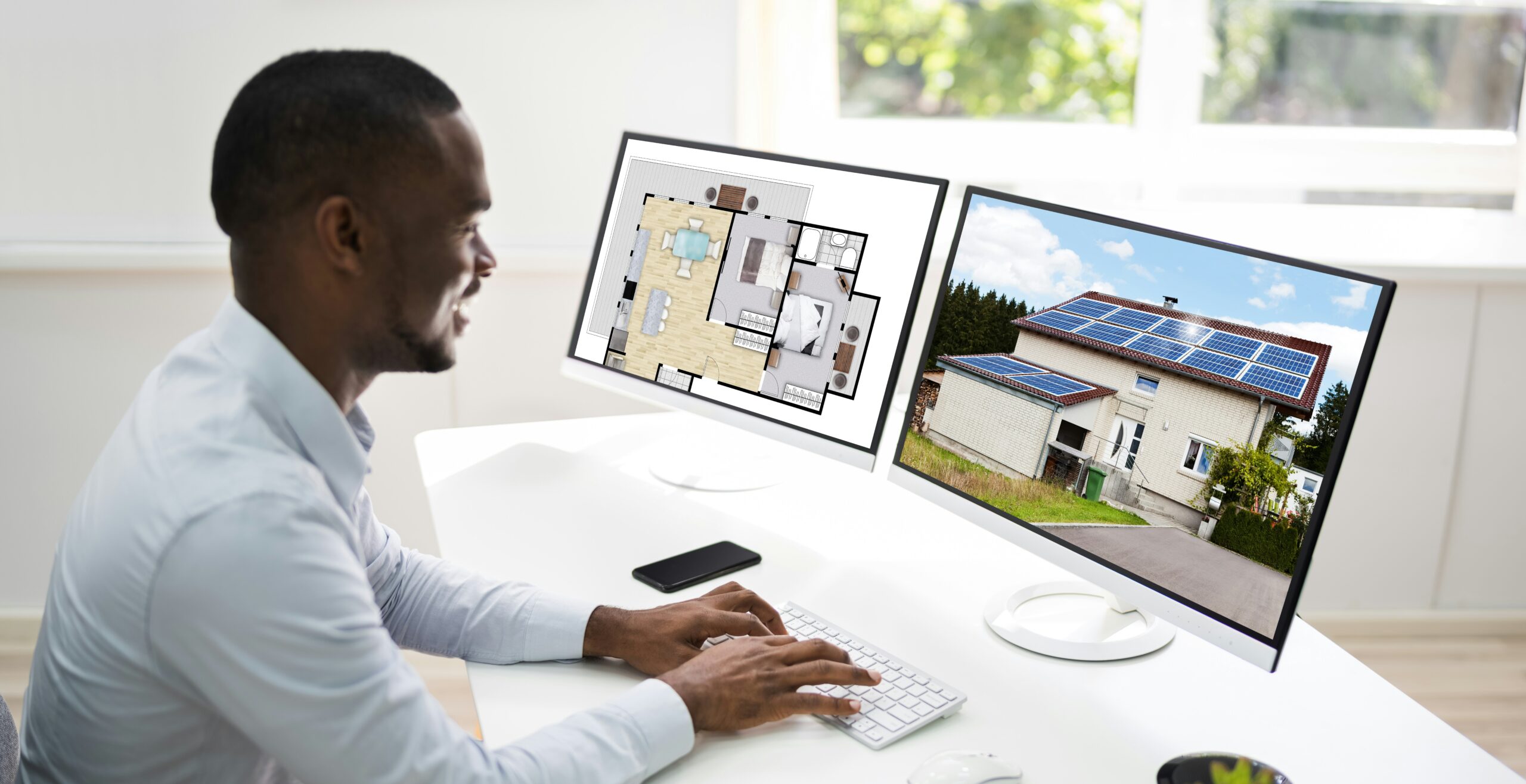
Property management is undergoing a significant transformation thanks to the integration of advanced technologies. As landlords and property managers adapt to a fast-paced, tech-driven world, embracing innovative solutions has become crucial for optimizing operations and meeting the demands of modern tenants. This article explores how technology revolutionizes property management, enhances efficiency, and redefines tenant experiences.
Streamlining Operations with Automation
One of the most impactful changes brought by technology in property management is the automation of repetitive tasks. Automated systems now handle routine activities like rent collection, maintenance scheduling, and lease renewals. These tools save time and reduce the likelihood of human error, ensuring smoother operations.
For instance, property management software platforms offer centralized dashboards where managers can monitor all aspects of their properties. With just a few clicks, they can generate reports, track income and expenses, and send automated reminders to tenants. This streamlined approach allows property managers to focus on strategic activities, such as expanding their portfolio or improving tenant retention.
Enhancing Tenant Communication
Effective communication plays a pivotal role in maintaining strong tenant relationships. Technology has introduced innovative channels facilitating seamless interactions between tenants and property managers. Through mobile apps, chatbots, and online portals, tenants can report issues, make payments, and request information immediately.
These tools not only improve response times but also empower and transparently provide tenants with a sense of empowerment and transparency. For example, tenants can track the progress of their maintenance requests in real-time, eliminating the frustration and enhancing satisfaction. Meanwhile, property managers can use analytics to gauge communication effectiveness and identify areas for improvement.
Improving Maintenance and Inspections
Maintenance management is another area where technology has made a substantial impact. Predictive maintenance systems powered by the Internet of Things (IoT) enable property managers to anticipate and address issues before they escalate. Sensors installed in buildings can monitor equipment performance and send alerts when anomalies are detected.
Additionally, technology simplifies property inspections. Mobile apps with checklists and photo documentation features allow managers to conduct thorough inspections efficiently. These tools also help maintain accurate records, ensure compliance with safety regulations, and reduce liability risks.
Enhancing Marketing Strategies
In today’s competitive rental market, leveraging technology for marketing is a game-changer. Property managers can now utilize data-driven insights to target the right audience and maximize occupancy rates. Online listing platforms, virtual tours, and professional photography showcase properties in the best light, attracting potential tenants.
Moreover, social media and digital advertising campaigns allow property managers to engage directly with prospects. Managers can refine their strategies and allocate resources more effectively by analyzing metrics such as click-through rates and audience demographics. These efforts result in higher visibility and better tenant acquisition outcomes.
Embracing Smart Home Technology
The rise of smart home technology has reshaped tenant expectations. Features like smart locks, thermostats, and lighting systems offer convenience, security, and energy efficiency. Property managers who incorporate these technologies enhance tenant satisfaction and add value to their properties.
Smart home integration also benefits property managers by providing insights into energy usage and operational efficiency. For instance, smart thermostats can optimize energy consumption based on occupancy patterns, reducing utility costs. These advancements align with the growing demand for eco-friendly and sustainable living spaces.
Enhancing Data Security and Compliance
As property management becomes increasingly digital, safeguarding sensitive information is more critical than ever. Technology provides advanced solutions to protect tenant data and ensure compliance with privacy regulations. Encrypted payment systems, secure portals, and multi-factor authentication are just a few measures that bolster security.
Furthermore, automated systems simplify compliance with regulations such as the General Data Protection Regulation (GDPR) and other local data laws. These tools help property managers stay up-to-date with legal requirements, minimizing risks associated with data breaches and non-compliance penalties.
Future Trends and Challenges
While technology offers numerous benefits, its integration comes with challenges that property managers must navigate. Adopting new systems requires an initial investment and ongoing training to ensure optimal usage. Resistance to change among staff or tenants can also hinder the adoption process.
Despite these hurdles, the future of property management looks promising. Emerging technologies like artificial intelligence (AI), blockchain, and virtual reality (VR) are set to revolutionize the industry further. For example, AI-powered chatbots can handle tenant inquiries 24/7, while blockchain can streamline lease agreements and enhance transparency.
Technology integration into property management has ushered in a new era of efficiency, tenant satisfaction, and innovation. Property managers can stay ahead in a competitive market by automating routine tasks, improving communication, and leveraging data-driven insights. Although challenges exist, embracing technological advancements will undoubtedly improve the future of property management. By staying adaptable and proactive, industry professionals can harness these tools to create seamless, rewarding experiences for all stakeholders.